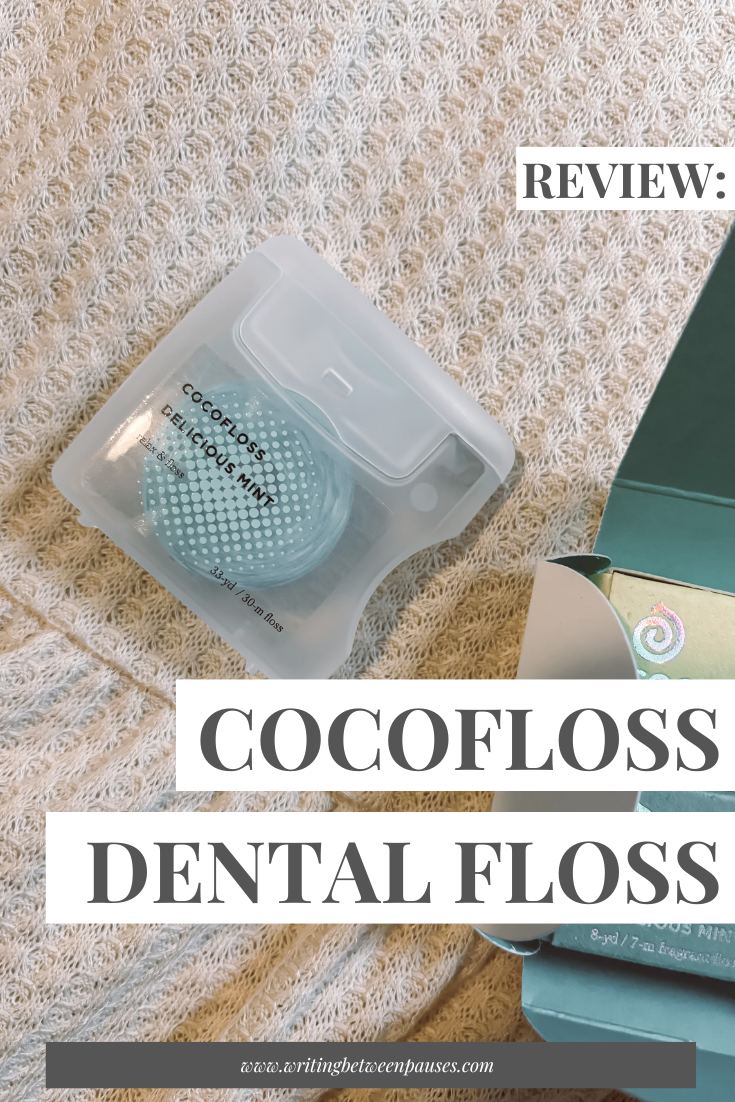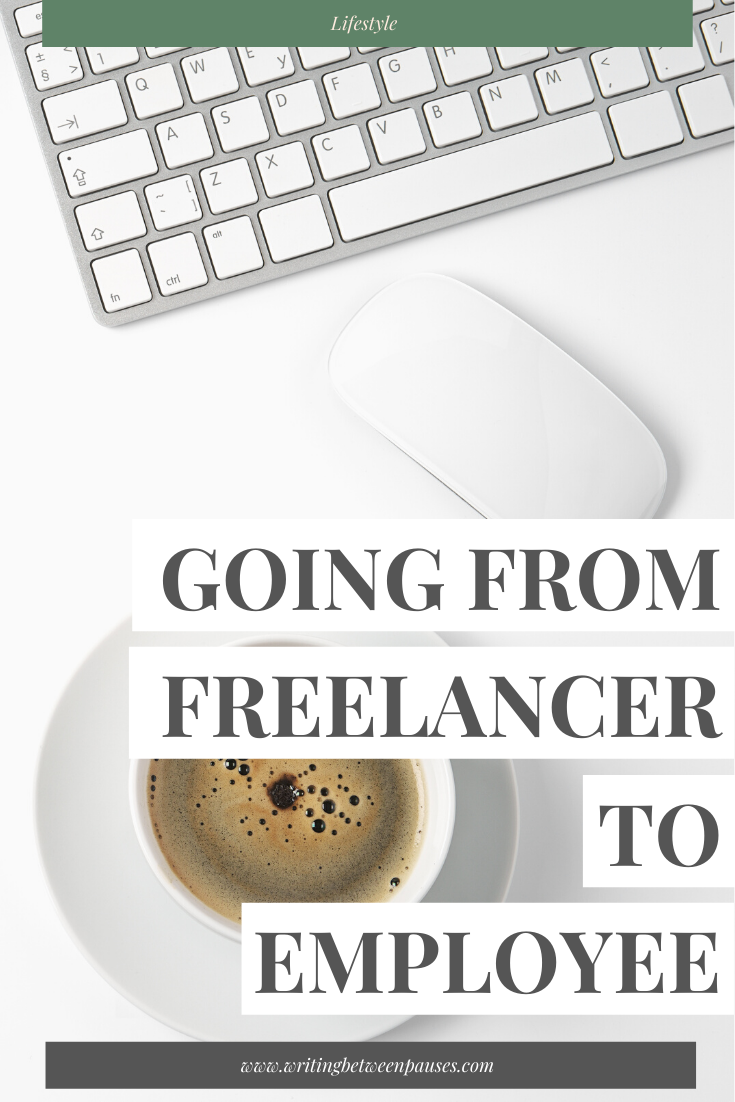I know, I know. Everyone is supposed to love summer. It's sunny! It's warm! There are barbecues and pool parties and everything! Sorry, I'm not buying it. When was the last time I was invited to a pool party? That's right--never, because I don't live in an area where in-ground pools are common.
Summer is classified as "fine" in my book. I don't like it, but I don't really hate it. It's nice that my husband gets the summer off; it's nice that the weather is nicer and we can go outside (minus the horde of horrible bugs that plagues us). Those things are nice.
That being said, summer can be better. I recently posted a thread of ways to make your summer better, right now. This thread was for if you have anxiety, if you feel bored, if you feel like you just aren't doing the right "summer things."
When I was younger, I definitely always felt like I was "wasting" my summers. (Looking back, I was. So many summers off!) Summers are about living it up, right? And what do you do if you hate summer and you feel insecure about your hatred of summer? Here's the original thread if you want to check it out. However, it can broken down to three key steps.
1. Wear your sunscreen.
Do you feel like I harp on about this? It's because it's serious. On a podcast I listen to (All Killa, No Filla, if you're interested), one of the hosts said she goes tanning once a year; her doctor told her, straight up, she's giving herself cancer. And that's the truth: laying out; getting sunburned without worrying about it; and getting sun damage is giving yourself cancer. Don't do it! Also, sunburns hurt. Here are my tips for protecting that beautiful epidermis of yours.
2. Wear what you want.
Whatever! Going to a pool party (you lucky dog, you)? Wear the bikini. Feeling stressed about it? Does the thought of putting on that bikini make you feel stressed? Then don't. Don't wear the bikini. Wear a cute maxi dress instead. Or your favorite leggings. Or sweatpants! Wear what makes you feel comfortable and confident. If anyone asks, just say, "It's really none of your business."
3. Eat what you want.
So you took my advice on Twitter and went on a spontaneous trip. You find yourself staring down a slice of pizza, or a massive ice cream cone. You think about those goals you set for yourself: eating less dairy; making healthier choices. Your mouth is watering just looking at the ice cream.
Girl, do it. Eat the ice cream. Eat the pizza. Eat a big, beautiful healthy salad tomorrow. Enjoy a smoothie in the morning. Chow down on nachos when offered. Life is too short to spend it trying to dictate what you enjoy every moment of the day. Moderation is important.


























